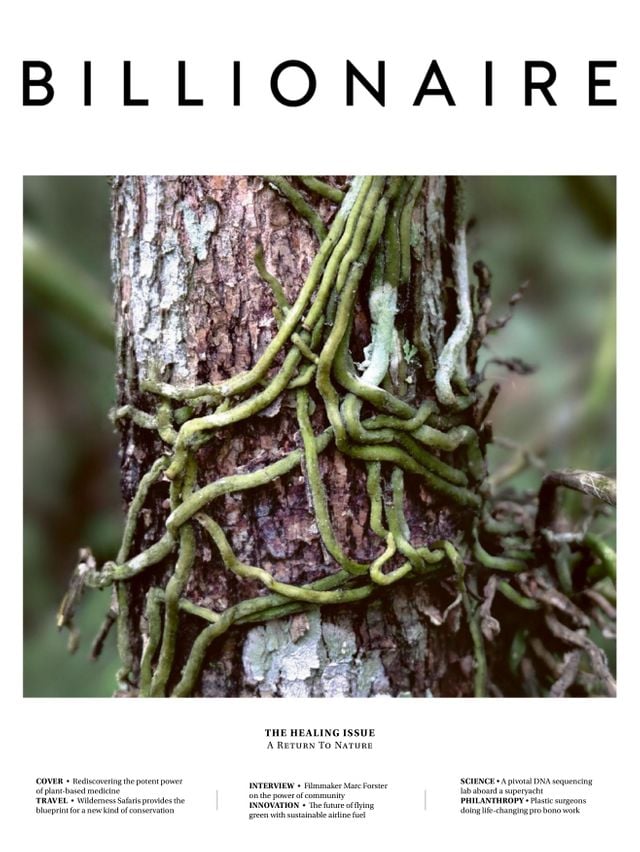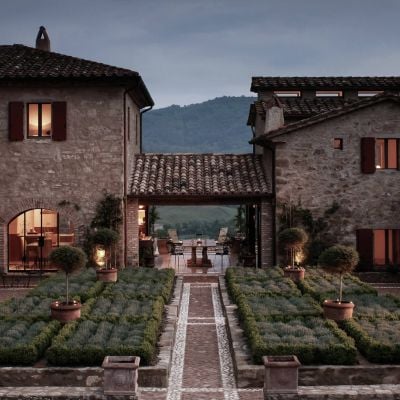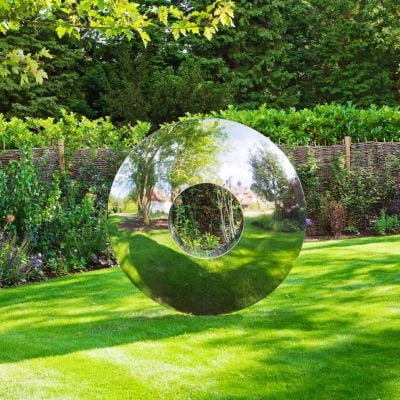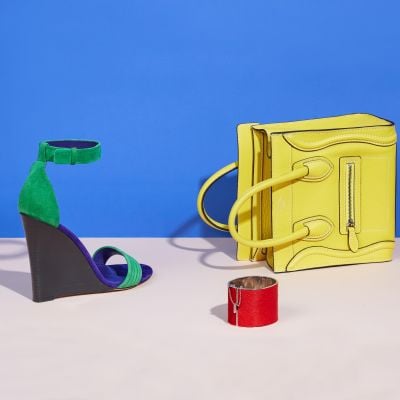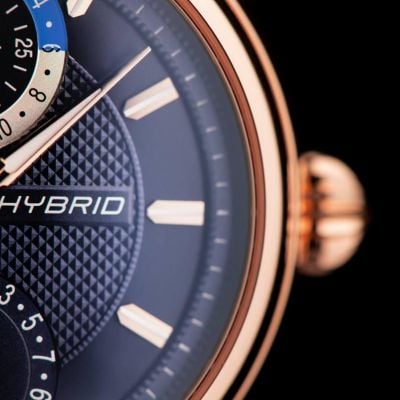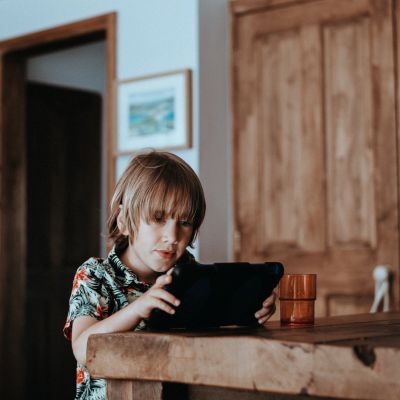Bridging Boundaries
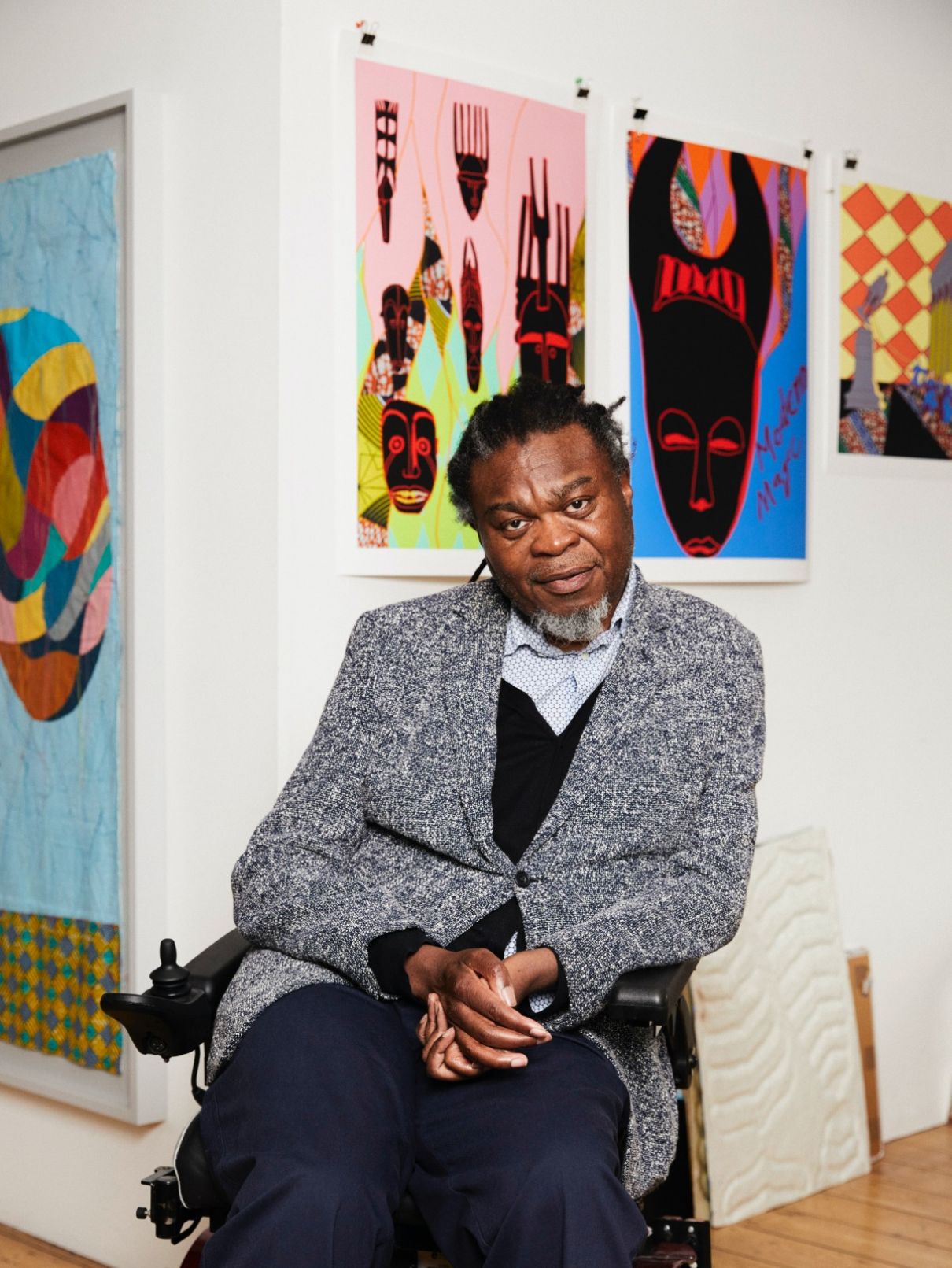
Yinka Shonibare CBE has found art has a unique ability to heal communities.
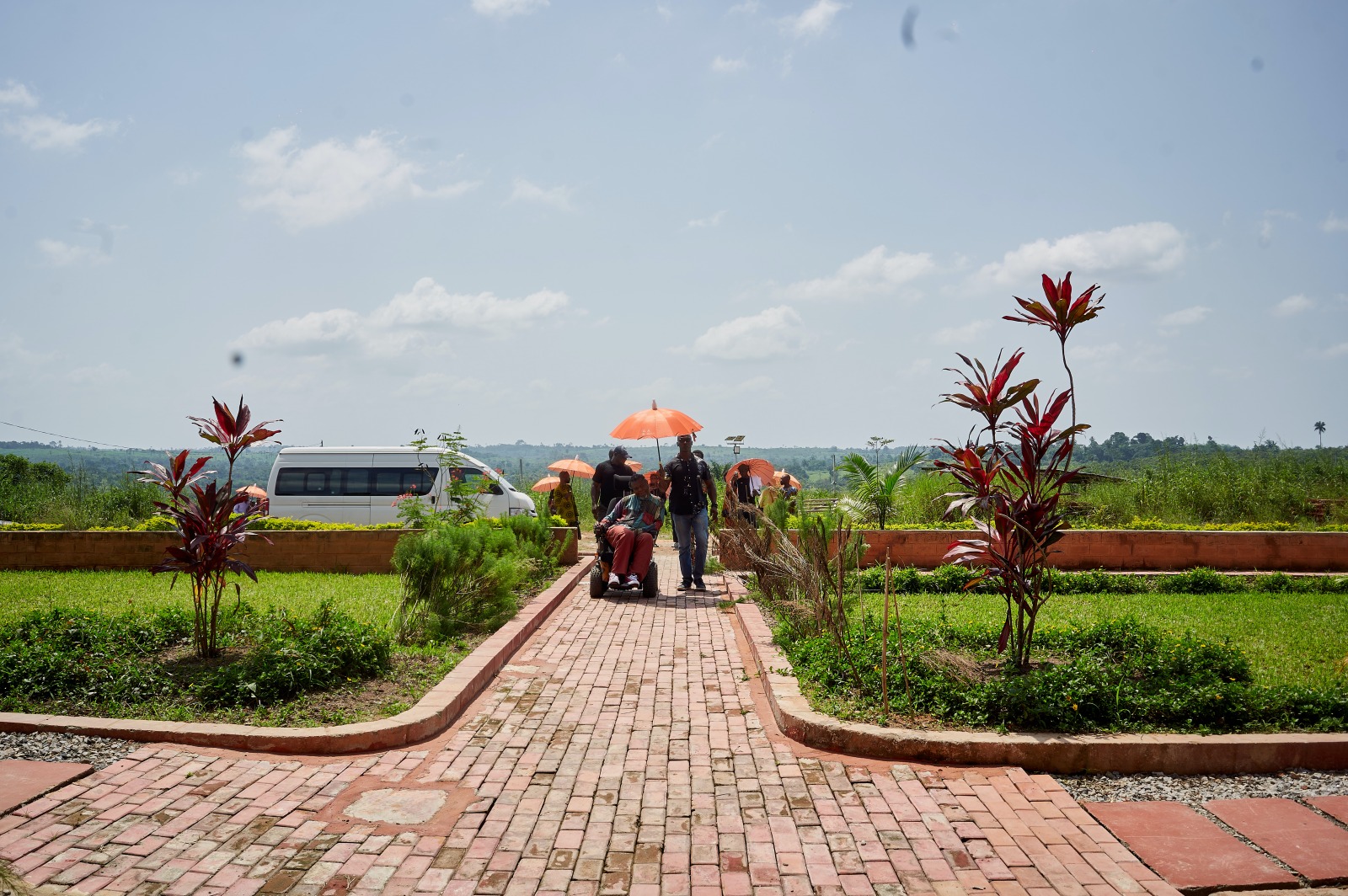
In Ijebu, Nigeria, a lush 54-acre working farm producing crops such as cassava, cashew, pawpaw, peppers and maize, has become the unlikely location for one of two new non-profit artist/scientist residencies in Nigeria, envisioned by YBA artist Yinka Shonibare CBE.
The Ecology Green Farm was conceived by Shonibare in 2019 as part of his Guest Artists Space (G.A.S.) residencies programme to be a space for artists, as well as scientists, agriculturists and researchers, with the intention of supporting international cultural exchange by establishing connections between Africa’s art markets and the global art community.
Shonibare bought the farmland in 2018 then commissioned architect Papa Omotayo of MOE+ with interior design by his niece, Temitayo Shonibare. The build stayed true to the farm’s ‘sustainability-first’ ethos, including the use of 40,000 bricks made from soil dug up for the foundations. There are also allotments that grow food for visiting artists with the idea of the farm becoming fully self-sustaining. The site will undergo further expansion with construction starting in 2023 on four workshop buildings, dedicated to craft practices, including weaving and ceramics.
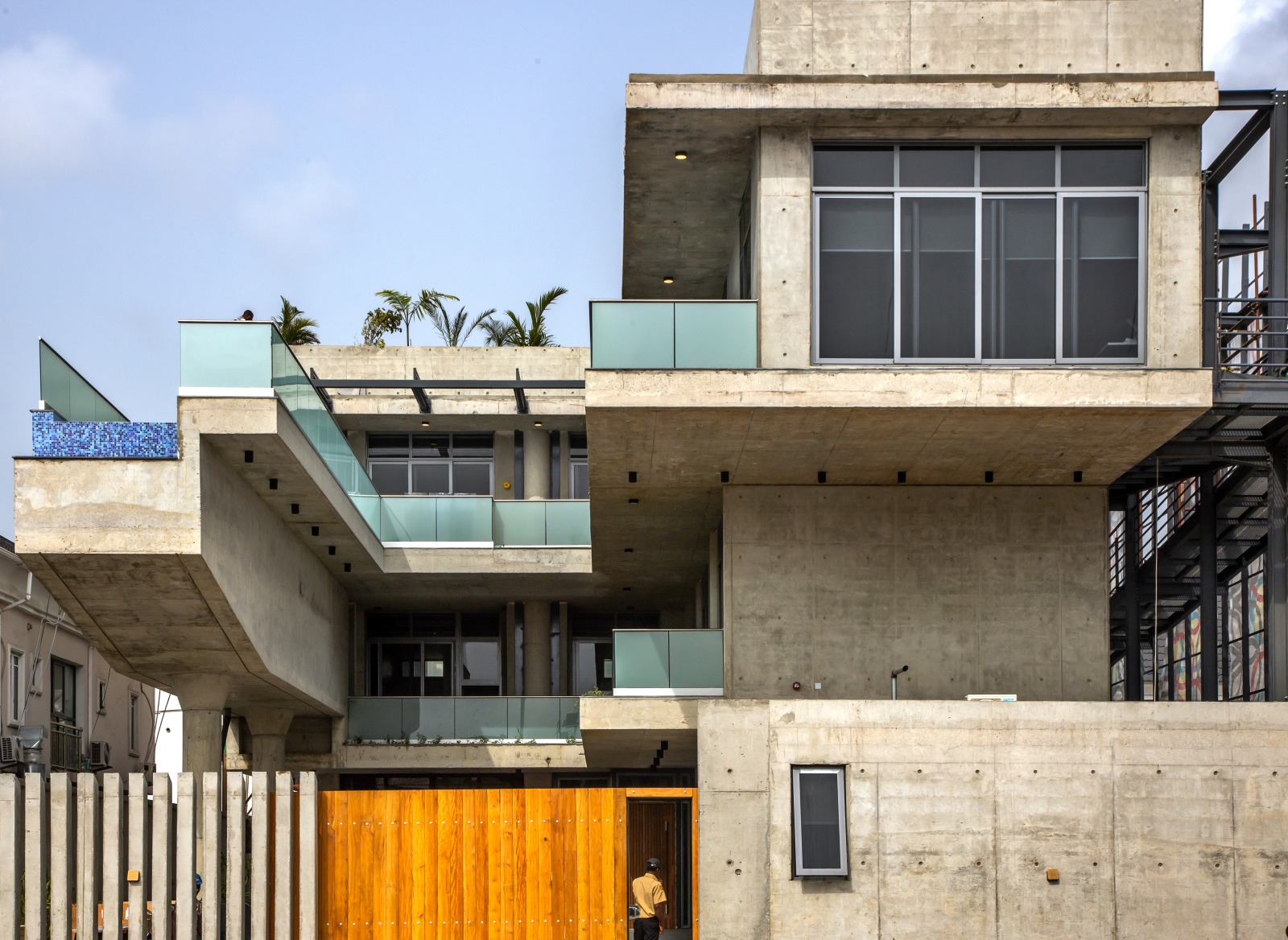
The residency has a sister site in Oniru, Lagos: a modern structure fusing Brutalism with traditional Yoruba architectural principles, that wraps around a central courtyard. Residents can create projects as well as partake in cooking salons and research new technologies. Since its completion in spring 2022, the site has hosted residents including Lynhan Balatbat-Helbock, Femi Johnson, Emma Prempeh, Portia Zvavahera and Gideon Gomo. The Lagos building also houses a library including over 1,500 volumes donated by Prof John Picton from his private collection of African art and culture, which is being digitised and will eventually be open to the public. Residency partnerships have been formed with Tiwani Contemporary, Goodman Gallery, Stephen Friedman Gallery and James Cohan Gallery.
Shonibare, who grew up in Lagos from the age of three, before returning to the UK to study, was given support by a teacher a long time ago, without whom he might not have continued his path. He feels that now he is in a place to give back it feels only right. “I’m happy to be able to do everything I can to support younger artists,” he says.
For the past decade, Shonibare has been running Guest Projects from his London studio, offering emerging artists of any discipline the opportunity to propose collaborations, have access to a free project space for one month — a laboratory of ideas; a testing ground for new thoughts and actions. As a result of the current global crisis affecting arts spaces across the globe, Guest Projects London had to close its doors shifting to a digital residency format in 2020.
The idea for the residencies was conceived a long time ago, says Shonibare. “G.A.S. projects is a project space I started in London about 11 years ago; then I decided I wanted to make the project bigger. So, I registered my foundation and G.A.S. artists space foundation in Lagos, so we could make G.A.S. projects more international, by creating a space where international artists and researchers can do residencies in Africa.”
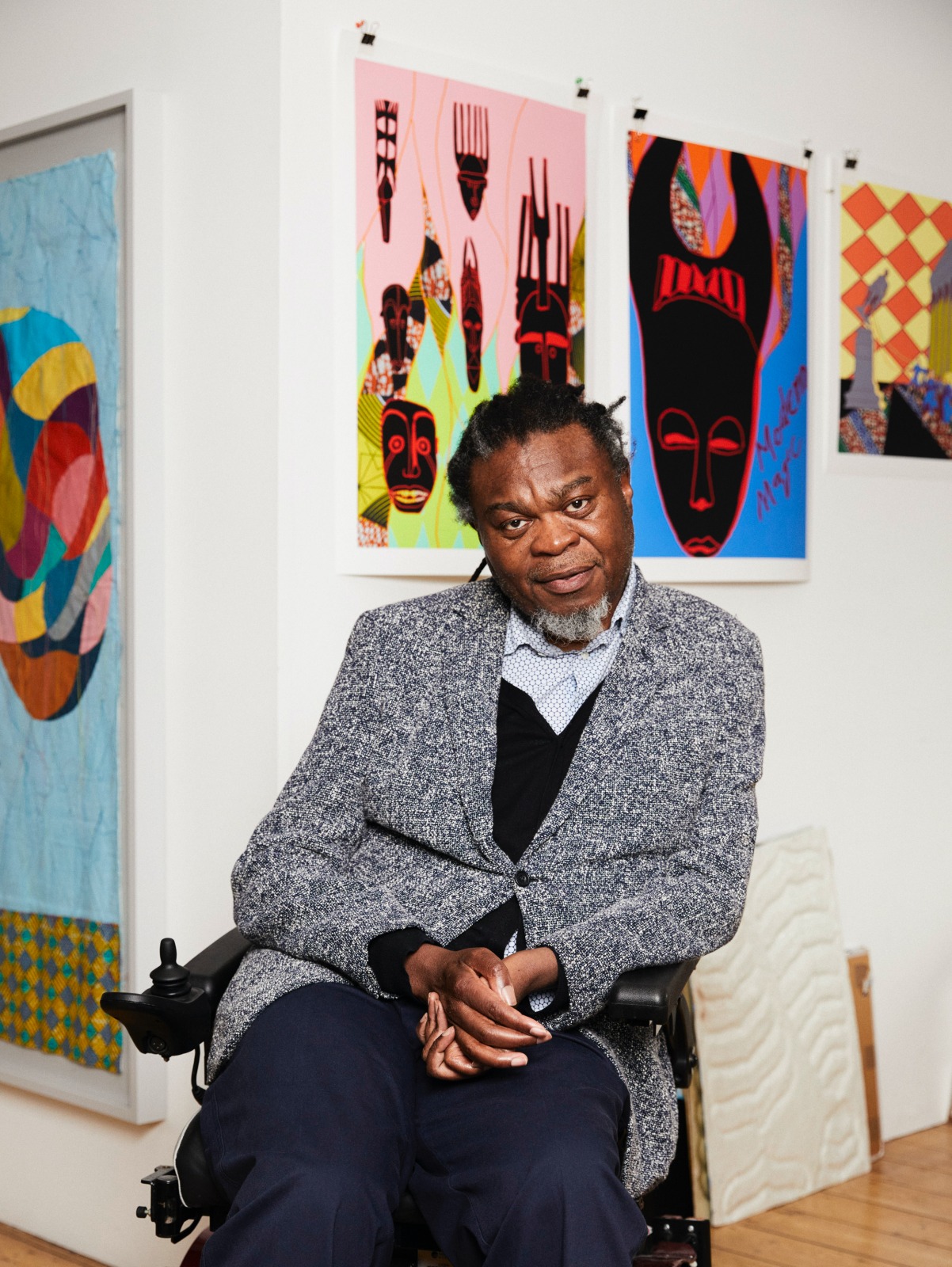
Shonibare has become known for his exploration of colonialism and post-colonialism within the contemporary context of globalisation. Working in painting, sculpture, photography, film and installation, Shonibare’s work examines race, class and the construction of cultural identity through incisive political commentary on the tangled interrelationship between Africa and Europe, and their respective economic and political histories. Shonibare uses citations of Western art history and literature to question the validity of contemporary cultural and national identities.
The residencies are another step in that line of questioning, and to correct historical wrongs in the art world, says Shonibare. “The residency does take history into account. It is aimed particularly at African artists based in the diaspora, giving them a link to their heritage. We are also open to residencies with artists who are European, American, Asian, so there is a global conversation we can have that will help towards healing the historical problems of the past.”
He adds: “The art world needs to evolve — there is a rich vein of talent out there, but we might lose them if the status quo of the last 30 years remains. We are working with the local community, while opening doors for the next generation, equipping them to thrive not just survive.”
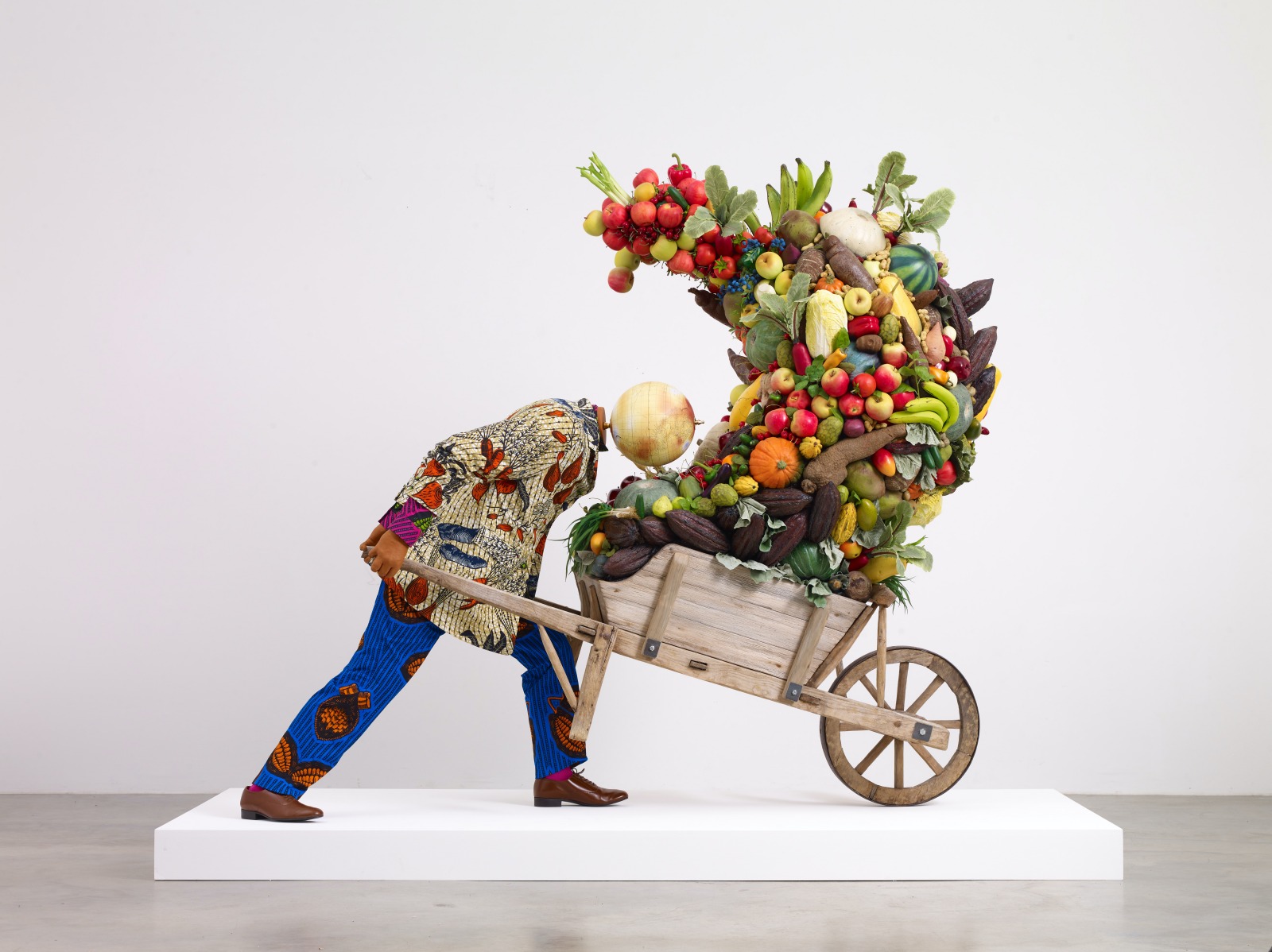
Shonibare has used art for his own personal healing. When was 18, he contracted transverse myelitis, an inflammation of the spinal cord, and was left with complete paralysis. Shonibare is now in an electric wheelchair and relies on his assistants to carry out most of the work he directs. The disability has far from affected his productivity, now with countless accolades and the letters CBE RA after his name.
In a Guardian interview, Shonibare admits that even before the illness he was “more cerebral anyway, so it didn’t have the devastating effect that it might have had on someone who was more body conscious”.
He adds that he has personally found art has a unique ability to heal, in many respects. “Art is a way to ask those pressing questions, so yes, it does have a therapeutic function. Art creates community, it creates conversation and it creates mutual support, so it feels healing to be working in the arts.”
This article originally appeared in Billionaire's Healing Issue. To subscribe contact

